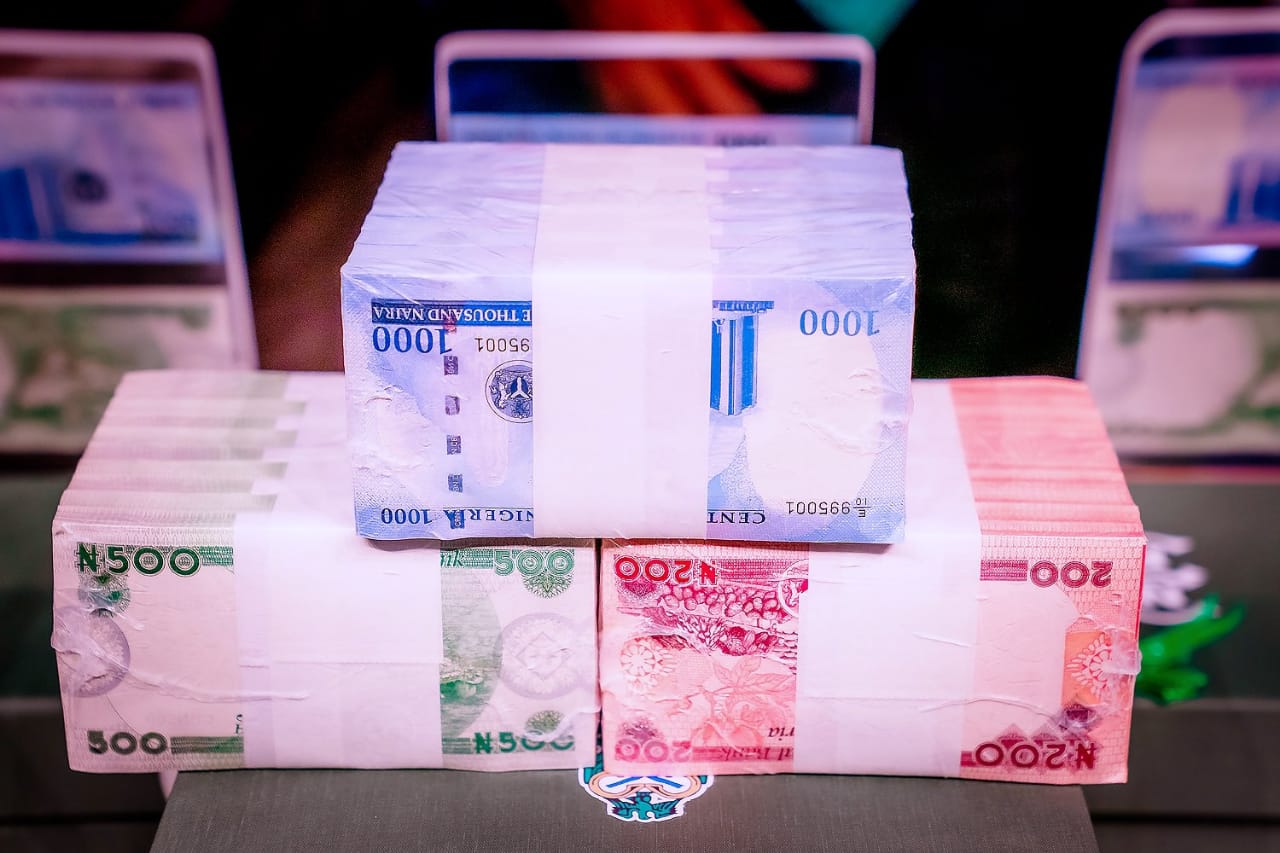CBN Policies Fail To Salvage Naira, Crashes Further To N1,534.39 Against Dollar
Despite the Central Bank of Nigeria’s (CBN) numerous foreign exchange policies, the Naira at the official market crashed further by 4.38 percent to close at N1,534.39 against the dollar on Monday.
It opened against the dollar at N1,469.97 on Monday morning and lost 4.38 percent at the close of the day, showing the inability of several policies designed to enhance the supply of foreign exchange.
The FMDQ Exchange revealed that Naira at Nigerian Autonomous Foreign Exchange Market (NAFEM) traded at N1560.00 and N996.00 high and low against the dollar respectively, as investors demand continued to rock foreign exchange. The Naira fell 2.38 percent against the dollar closing at N1,468.97 in the NAFEM window last week.
In the parallel market, the exchange rate at one point reached N1,505 against the dollar but eventually settled at N1,500 against the dollar, losing 4.33 percent, a 2.11 percent gap between the street and the official market.
The impact of the CBN’s directive to banks to sell down part of their net long US dollar positions seemed to have been short-lived, even if turnover in the foreign exchange markets did improve significantly for a while.
The gap between the parallel and the NAFEM market has reappeared, however. This further reinforces the need to improve the supply of US dollars into the market and we wait to see whether the reforms attract foreign portfolio investors and encourage other flows.
Market analysts attributed the current state of Naira to a consistent uptick in the demand for dollars that has persisted since the beginning of January.
Several key factors have fueled this heightened demand which include among other things, a significant portion of the demand which stems from businesses actively seeking to replenish their inventory or procure raw materials, leading to an increased need for foreign exchange.
Individuals pursuing education abroad have also significantly contributed to the surge in demand for dollars. This trend is likely driven by the necessity of covering tuition fees and other educational expenses.
International students are actively bolstering their foreign currency reserves to meet tuition fees and other financial commitments. Additionally, students are securing funds for discretionary spending, including holiday allowances.
The CBN had announced significant reforms in the foreign exchange market, signalling a stride towards a market-driven exchange rate mechanism, potentially paving the way for a free float of the Naira.
This follows last week’s circular removing caps on international money transfer operations. The CBN’s recent circular outlines pivotal changes, including the discontinuation of a cap on the spread of interbank foreign exchange transactions and the lifting of restrictions on the sale of interbank proceeds.
“A key objective of the ongoing foreign exchange market reforms by the Central Bank of Nigeria is to promote a market-based price discovery system,” the circular states, marking a shift towards a more liberalized forex regime.
“Under the new guidelines, forex transactions will operate on a “Willing Buyer and Willing Seller” basis, ensuring more flexibility in the exchange rates determined by market forces.
The CBN emphasizes the importance of transparency and ethical standards, mandating that “Authorized Dealers are to continue to conduct their foreign exchange transactions…and to strictly adhere to high ethical standards.”



Comments are closed.